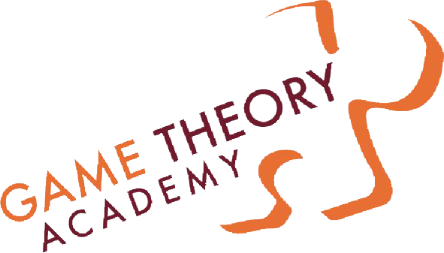By Michele Thorne, GTA Instructor
During the second class of my summer GTA class at the RYSE Center in Richmond, Ca., I asked if anyone in the group had ever heard of game theory. The response…silence. I knew then that the answer to my follow up question, “What is game theory?”, would also be met with silence.
I was immediately filled with excitement.
I understand that these questions aren’t typical questions burning on the minds of teenagers during summer, or any other time of year for that matter, but this is the moment I wait for. We teach a lot of relevant vocabulary in the GTA curriculum, so sharing the definition for game theory is appropriate and necessary. Though there are many technical definitions for game theory, one of the simplest to understand is, it’s “the study of strategic decision-making.”
Once the youth had a few moments to discuss and process that, I asked them, “How do you think game theory is used in the world?” There were a few guesses and for the most part, everyone was right because, whether you believe it or not, game theory is everywhere. It’s used in economics, business, military operations, psychology, city planning, job interviews, marketing, and on and on.
It never ceases to amaze me how important it is in life to understand the personal process of decision making. There are so many factors to consider beyond things you can measure – like personal values and unexpected events. However the value of knowing what game theory is, how it works and how to use it is a key part of understanding how you can create the future you desire for yourself and in the world.
To put it in everyday perspective, you use it when you’re thinking about where to eat, what to buy, how to handle a “sticky situation” and you especially use it trying to decide who to vote for in an election year. Turns out, an election year is upon us and it may be in your best interest to use a little game theory this time around. Of course, the choice is yours.
That said, here’s a message I’d like to share with all the youth considering voting in the next election. Whether considering your best interest or the collective best interest, what happens will directly impact your future. I always recommend learning as much “perfect information” as possible about these candidates, their views, policies, who their political donors are, etc.
To demonstrate whether game theory can help a candidate win, I found this video….It’s great. Game theory, a little history, prisoner’s dilemma and nash equilibrium…it’s all there. To quote the video, “Game theory doesn’t provide solid answers, but it gives rational thought to what can be an emotional decision making process.” Check it out!
And to all my students, thanks for a great summer and I wish you the best!









